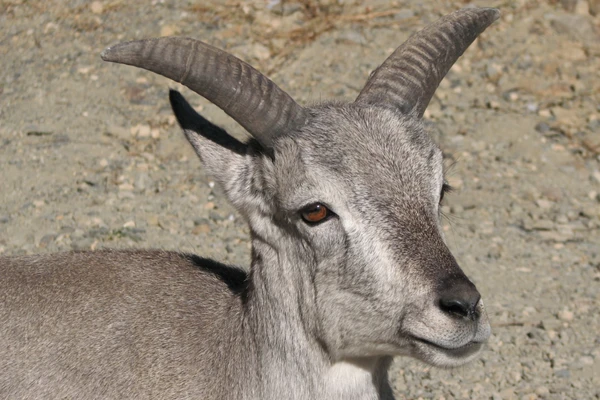Wildlife surveys to estimate Himalayan Ibex and Blue Sheep populations have been initiated in Himachal Pradesh’s Lahaul & Spiti.
About Himalayan Ibex:
- Subspecies of the Siberian Ibex, known for its sweeping, curved horns and agility on steep terrains.
- Habitat: Inhabit high-altitude regions, typically between 3,200 to 5,500 meters above sea level, including alpine meadows, scree slopes, and cliffs.
- Physical Characteristics:
- Social animals living in herds.
- Males larger than females, with long, curved horns up to 130 cm in length.
- Coat is thick and coarse, varying from brown in summer to a darker, more insulated coat in winter for warmth.
- Diet: Herbivores grazing on grasses, herbs, and shrubs, adapted to limited food resources in their high-altitude habitats.
- Distribution: Found across the mountains of India (states like Jammu and Kashmir, Himachal Pradesh), Pakistan, China, and Afghanistan.
- Conservation status:
- Listed as “Near Threatened” on the IUCN Red List
- Protected under Schedule I of the Wild Life Protection Act, 1972.
About Blue Sheep:
- Also known as Bharal, a species of caprid (goat-antelope) native to the high Himalayas.
- Physical Characteristics:
- Robust build, body length about 115 to 165 cm.
- Males possess distinctive backward-curving horns, up to 80 cm in length.
- Dense, woolly coat with a bluish-gray color that blends well with rocky surroundings.
- Habitat: Prefers steep, rugged terrains with sparse vegetation and rocky outcrops, ranging from 2,500 to 5,500 meters in elevation.
- Diet: Herbivores primarily grazing on grasses, herbs, and shrubs, adapting diet seasonally to availability.
- Distribution: Across high mountains of Central and South Asia, including parts of China, India, Nepal, Bhutan, Myanmar, and Pakistan.
- Conservation status:
- Classified as “Least Concern” by the IUCN due to stable population and wide distribution;
- Also faces threats from habitat loss and human-wildlife conflict.
- Protected under Schedule I of the WPA, 1972.
Ref: Source
| UPSC IAS Preparation Resources | |
| Current Affairs Analysis | Topperspedia |
| GS Shots | Simply Explained |
| Daily Flash Cards | Daily Quiz |



